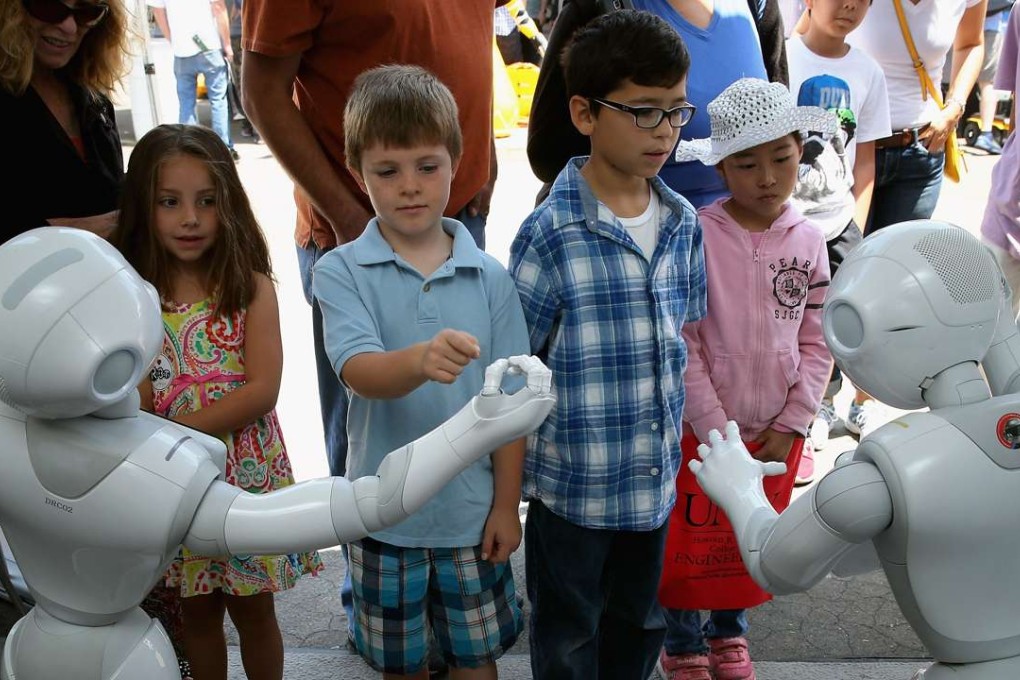Off Centre | AI is coming, are we training our students for a world where robots work for free?
The advance of robots has profound implications for what people aspire to, not least in Hong Kong


What if technological change were happening so quickly that even the specialised skills we’ve convinced ourselves will power economic growth in the coming decades become irrelevant in the space of only a few years? These things are starting to happen, and with profound implications for jobs and education.
What, though, if everything we thought we knew about getting ahead, acquiring knowledge and expertise and securing an attractive career was being shaken up? What if technological change were happening so quickly that even the specialised skills we’ve convinced ourselves will power economic growth in the coming decades become irrelevant in the space of only a few years? These things are starting to happen, and with profound implications for jobs and education.
At some point in the present decade, we entered an age of drones, 3D printing, robots and artificial intelligence. Such marvels, it is a fair bet, will eliminate millions of low-skilled and unskilled jobs involving everyday tasks from cleaning and washing up to driving vans, sorting mail and serving food. In the United States alone, the predicted wave will make the offshoring of the country’s manufacturing in recent years look like small beer. Skilled jobs will be at risk, too, though.
Erik Brynjolfsson, co-author of The Second Machine Age: Work, Progress, and Prosperity in a Time of Brilliant Technologies, said recently on BBC radio: “In the industrial age we automated a lot of physical work, the work of our muscles. In the new machine age, we’re doing the same things for mental work. This is having as big an impact on humanity as the industrial revolution did.” Machines could end up doing the jobs of surgeons, teachers, firefighters, entertainers – even, one imagines, bankers.

